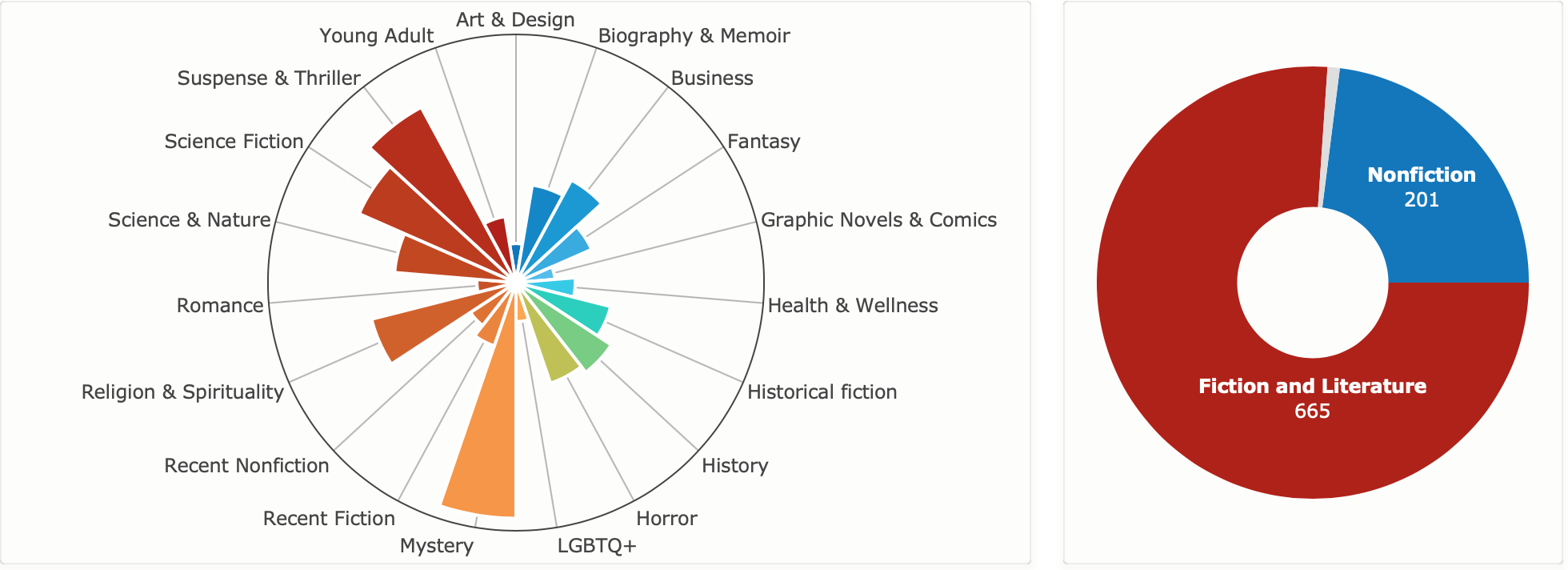(Wikipedia) “The Dictionary of Obscure Sorrows is a website and YouTube channel, created by John Koenig, that coins and defines neologisms for emotions that do not have a descriptive term. The dictionary includes verbal entries on the website with paragraph-length descriptions and videos on YouTube for individual entries. The neologisms, while completely created by Koenig, are based on his research on etymologies and meanings of used prefixes, suffixes, and word roots.”
I shared a few of these five years ago and must have gotten them from the website. Don’t think I knew about the YouTube channel. I purchased the book recently and find myself highlighting about every third entry. Have to give that up.
“It’s strange how little of the world you actually get to see. No matter where on Earth you happen to be standing, the horizon you see in the distance is only ever about three miles away from you, a bit less than five kilometers. Which means that at any given time, you’re barely more than an hour’s walk from a completely different world.”
“ But if someone were to ask you on your deathbed what it was like to live here on Earth, perhaps the only honest answer would be: “I don’t know. I passed through it once, but I’ve never really been there.”
“In philosophy, monism is the belief that a wide variety of things can be explained in terms of a single reality, substance, or source. Onism is a kind of monism—your life is indeed limited to a single reality by virtue of being restricted to a single body—but something is clearly missing.”
“sonder: the realization that each random passerby is the main character of their own story, in which you are just an extra in the background.”

